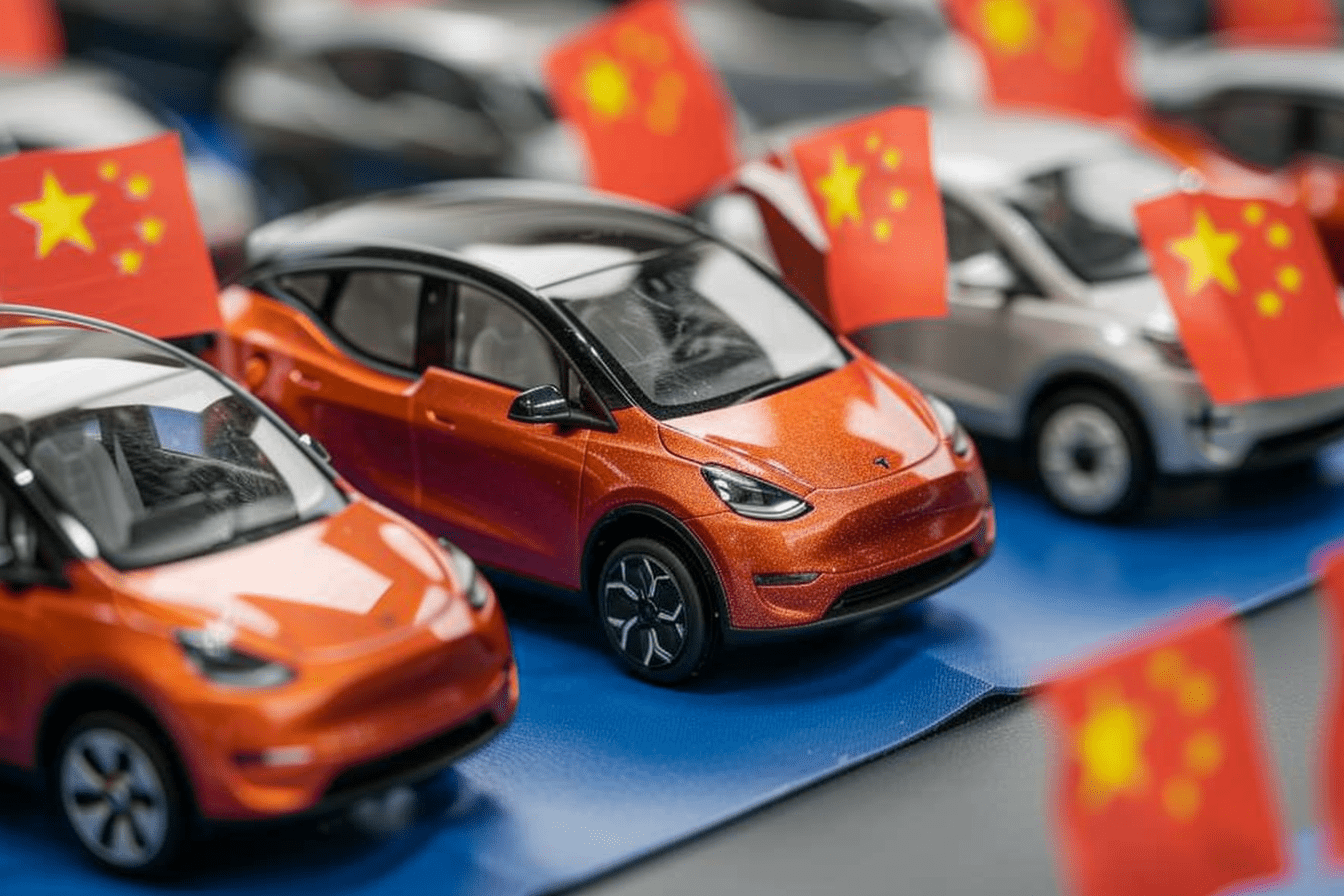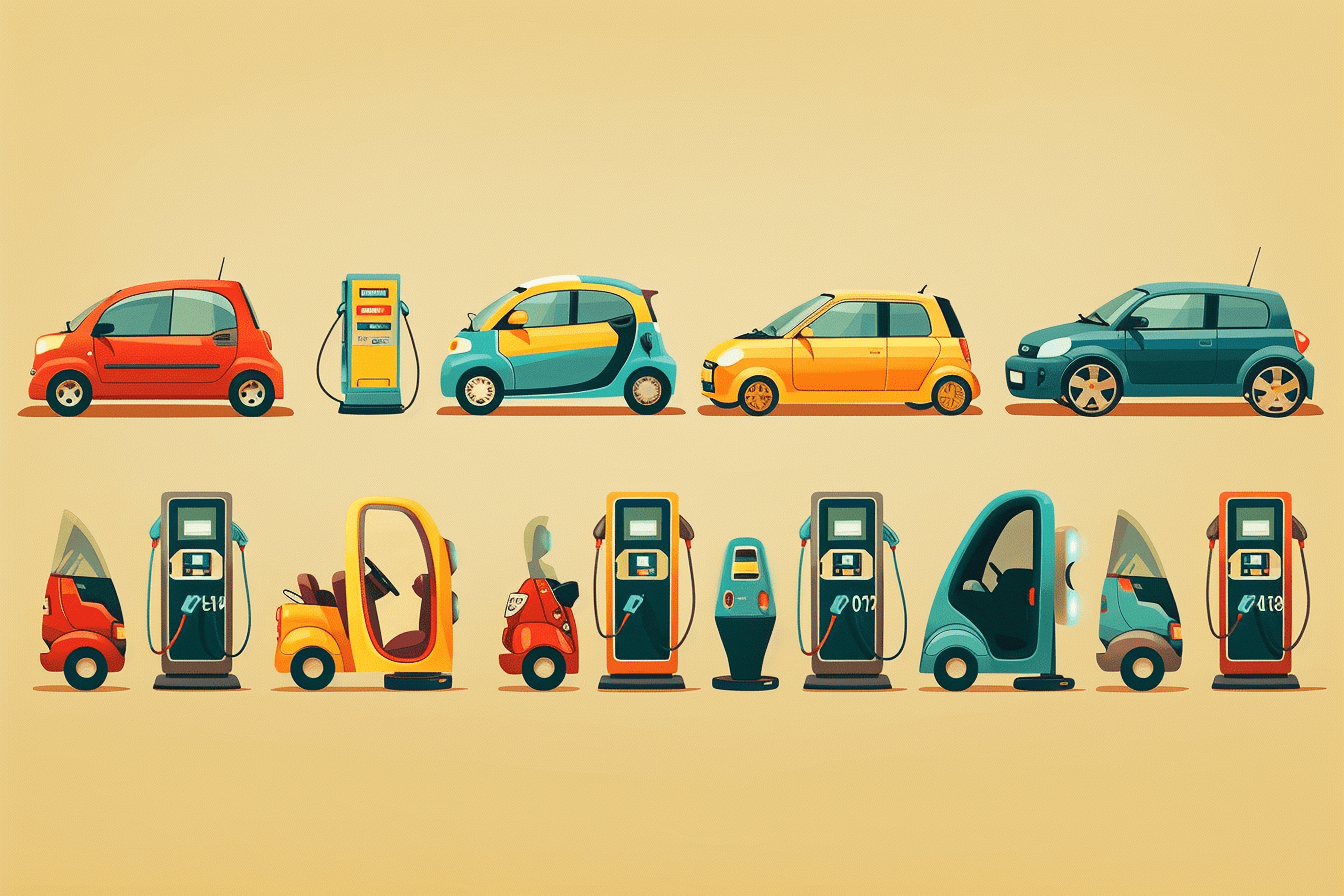What’s Wrong With the EU Commission’s Decision to Impose Duties on Chinese Electric Vehicles
Imposing such high tariffs on BEVs from China without any evidence of damage to EU industry does not make sense and will only backfire on the ability of EU industry to export their own cars.

-
FileHu_Gros_BEVanti-subsidy.pdf (891.7 KB)
-
FilePB17_PULS_BEVEUROPE.pdf (591.56 KB)
The (preliminary) duty rates assessed by the Commission appear moderate compared to the 100 % recently adopted by the US. But they range from 17 to 38 %. Since these rates are on top of the existing 10 % import tariff the overall rate of protection thus ranges from 27 to 48 %. The EV market will thus become one of the most protected sectors in the EU.
A key aspect nowhere mentioned by the Commission is that these tariffs will be levied upon all imports from China, including cars made by European manufacturers in China (like BMW and others) and cars made by Tesla in its Chinese factory.
Tesla, which alone accounts for a large share of all EU imports from China will apparently get a special deal as the Commission notice says Tesla “may receive an individually calculated duty rate”.
The entire process represents a curious case of ‘Commission knows best’. Normally a trade defense instrument is activated because it hurts domestic industry.
However, in this case the industry had not complained about a ‘flood of Chinese imports’. The decision of the Commission to start this anti-subsidy late last year represented the first case of a so-called ‘own initiative’ investigation, i.e. the Commission acted without having received a complaint.
Moreover, the Commission could not even claim that the EU automotive industry was doing badly. It thus had to claim that it was acting because of the threat of future injury. This threat was constructed by a simple extrapolation of the growth rates of imports from China. But the industry would presumably be much better placed than the EU Commission to decide whether imports would continue to increase and would lead to material injury to the automobile industry in the EU.
The growth of sales of Chinese brands has already moderated a lot and there are increasing reports of a huge number of Chinese BEVs parked at European ports.
It is thus no surprise that the reaction of the European Association of Automobile Producers (ACEA ) has been rather frosty in its reaction noting the obvious, namely that healthy competition drives innovation and choice for consumers.
How Tariffs Undermine the Green Deal
A second curious aspect of the decision to levy substantial tariffs on BEVs from China (affecting mostly non-Chinese brands) is that it is in flagrant contradiction with the Green Deal under which the EU wants to see millions of BEVs on European roads.
Sales of BEVs have slowed recently, but remain strong in China. The simple reason for this is that electric vehicles cost much less there than here in Europe.
The Commission has not even acknowledged this contradiction. It only asserted that “The EU's green transition cannot be based on unfair imports at the expense of EU industry.” This is a political statement that is superficially convincing but has little grounding in economic reality.
First of all, the European industry has not complained so Chinese support for BEVs does not seem to have come at the expense of the EU industry.
Moreover, European consumers are those who ultimately have to buy the BEVs, but increasing the price by up to 50 % is not the best way to promote mass adoption of BEVs.
Imposing such high tariffs on BEVs from China without any evidence of damage to the EU industry does not make sense and will only backfire on the ability of the EU industry to export their own cars.

These tariffs will be levied upon all imports from China, including cars made by European manufacturers in China (like BMW and others) and cars made by Tesla in its Chinese factory

If you are interested in the European Parliament activity, please check a new tool that the IEP@BU has just launched, with professors Simon Hix and Abdel Noury: the EPVM - European Parliament Vote Monitor
IEP@BU does not express opinions of its own. The opinions expressed in this publication are those of the authors. Any errors or omissions are the responsibility of the authors.
